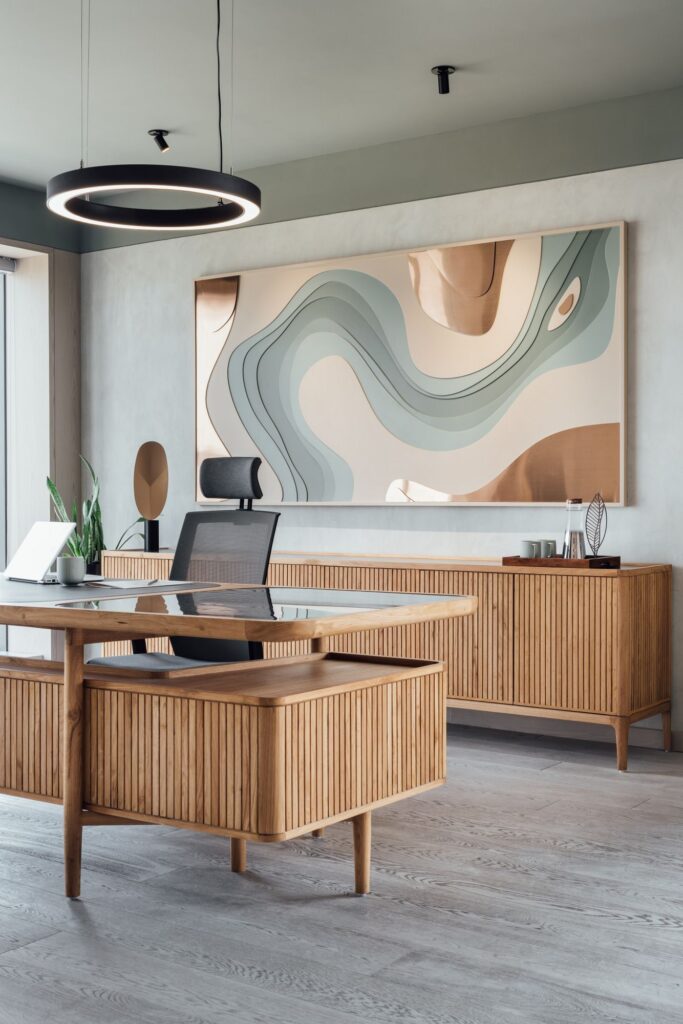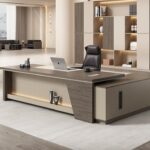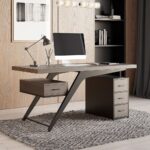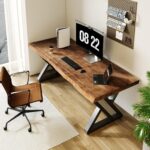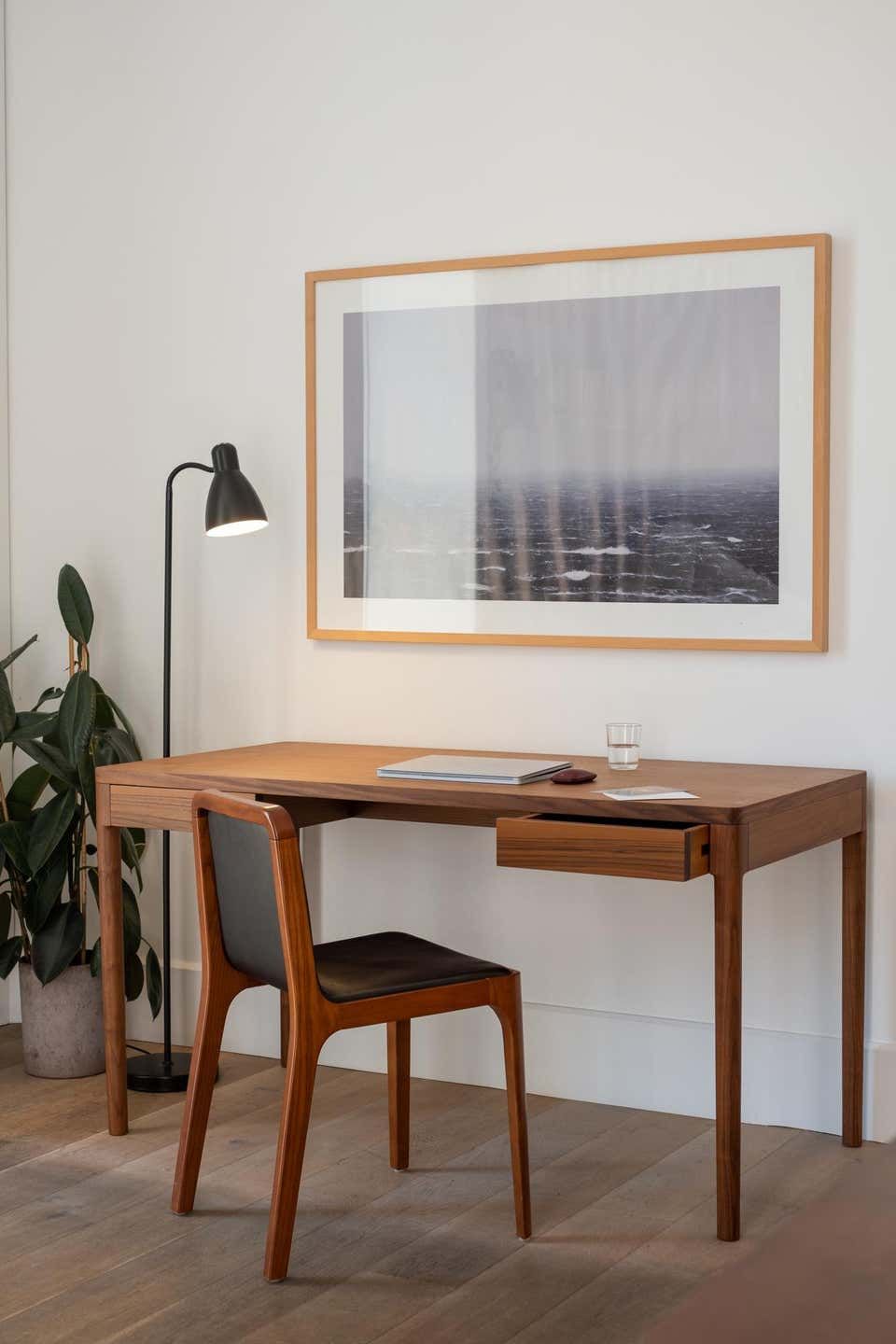
Office tables are an essential piece of furniture in any workspace, providing a designated area for employees to work, collaborate, and meet with clients. They come in a variety of shapes, sizes, and materials to suit the needs and aesthetics of the office. Rectangular tables are popular for individual workstations, while round or oval tables are ideal for meetings and discussions. Many office tables also come with built-in features such as cable management systems, power outlets, and adjustable height options to increase functionality and comfort. Additionally, some tables are designed with storage solutions such as drawers or shelves to keep the workspace organized. Office tables play a vital role in creating a functional and productive work environment, serving as a platform for employees to complete tasks, communicate with colleagues, and host meetings. Investing in quality office tables can enhance the overall efficiency and aesthetics of the workspace, while providing a comfortable and professional area for employees to work and collaborate.
Office tables are an essential piece of furniture in any workspace, whether it’s a small home office or a large corporate setting. These tables come in a variety of sizes, shapes, and materials to suit the needs and preferences of different users. From the traditional rectangular desk to more modern adjustable height tables, there is a wide range of options available to accommodate various work styles and space constraints.
In addition to serving as a platform for work, office tables also play a crucial role in defining the overall look and feel of an office. The design and style of the table can contribute to the aesthetic appeal of the workspace, creating a sense of professionalism and organization. Choosing the right table can also impact the comfort and productivity of employees, as well-designed tables can provide ample space for work essentials and promote good posture and ergonomics.
When selecting an office table, it’s important to consider factors such as size, shape, material, and functionality. The size of the table should be appropriate for the space available and the tasks that will be performed on it. The shape of the table can also impact the flow of the workspace, with options ranging from traditional rectangular tables to more unconventional shapes like L-shaped or circular tables. Additionally, the material of the table can affect its durability, maintenance requirements, and overall aesthetic appeal. Finally, the functionality of the table, such as the presence of storage compartments, cable management features, and adjustable height options, can further enhance its usability and convenience. Ultimately, choosing the right office table can contribute to a more organized, efficient, and visually appealing workspace.
 Decor ideas Style Starts Here
Decor ideas Style Starts Here
